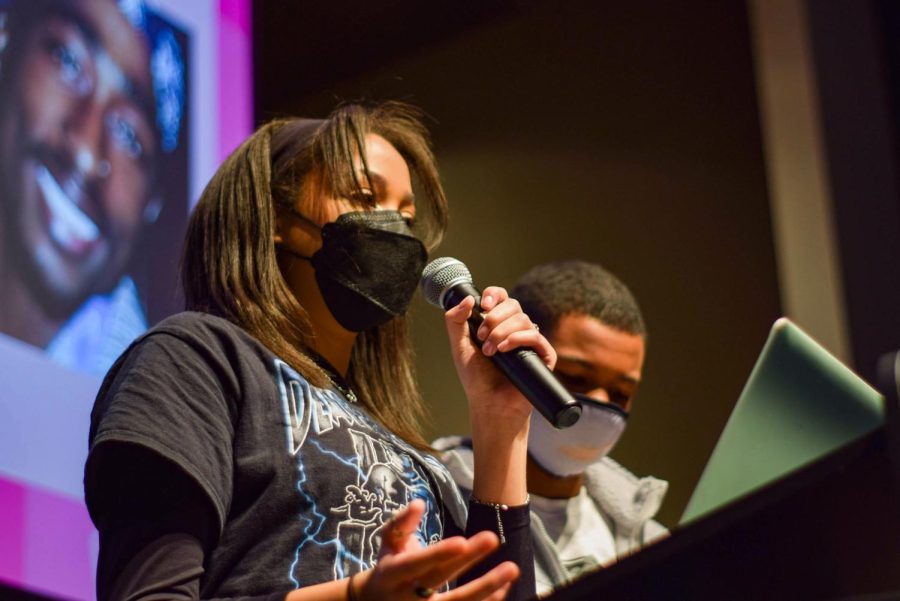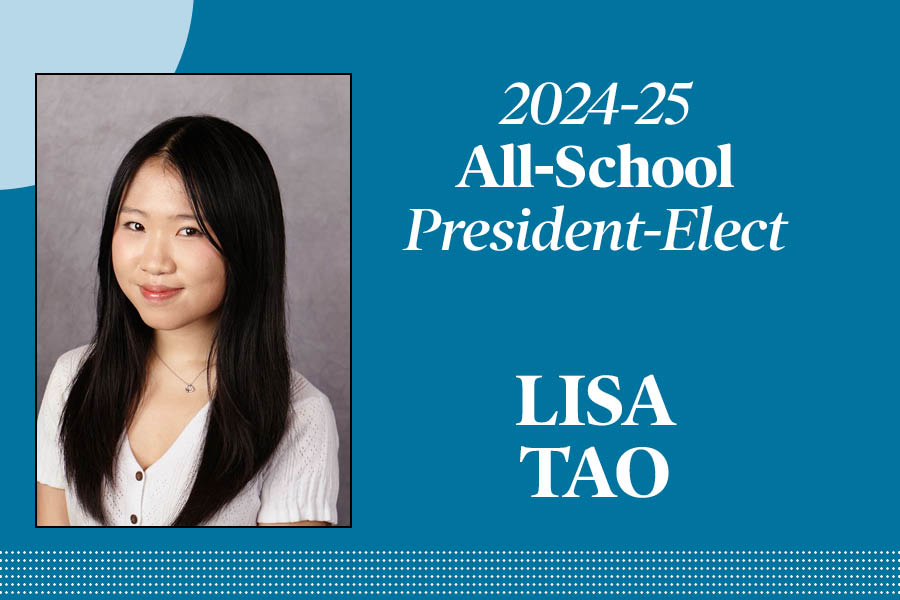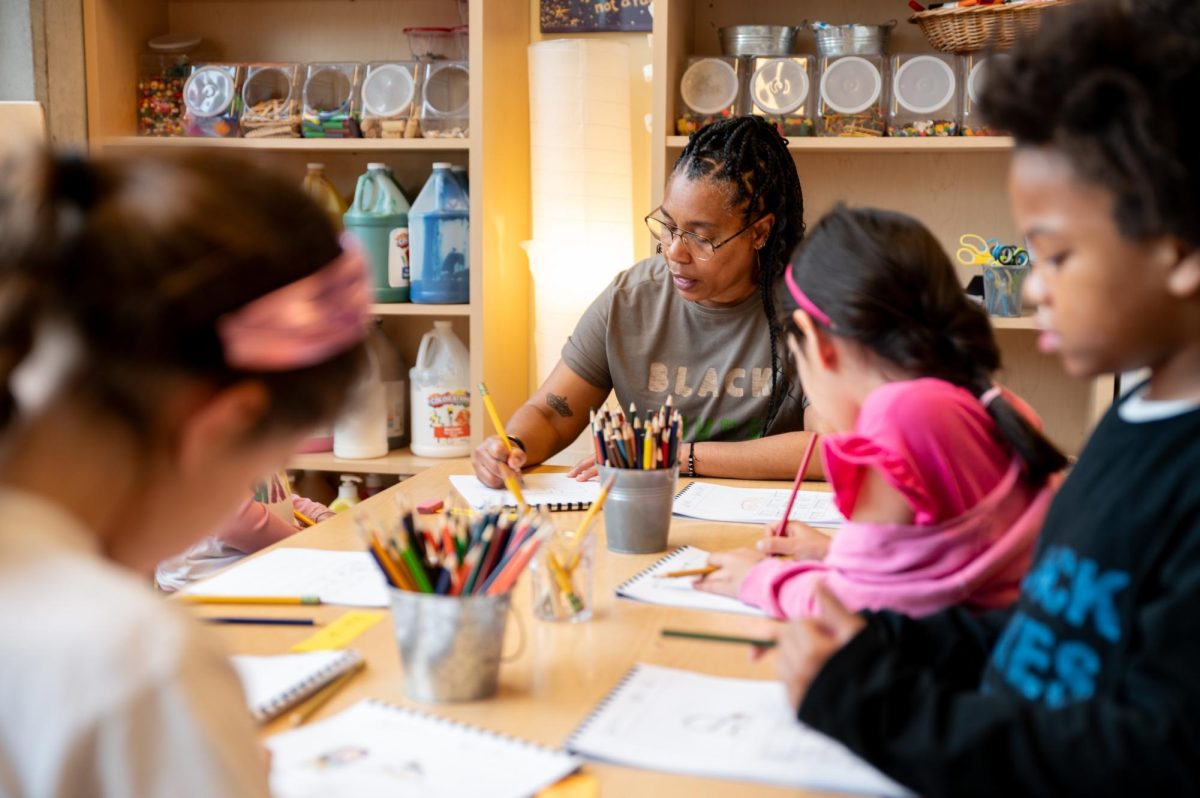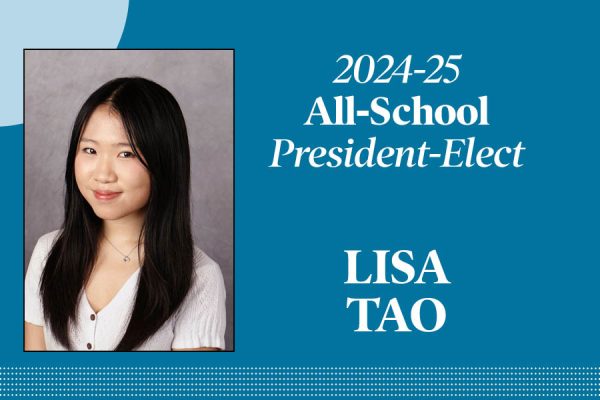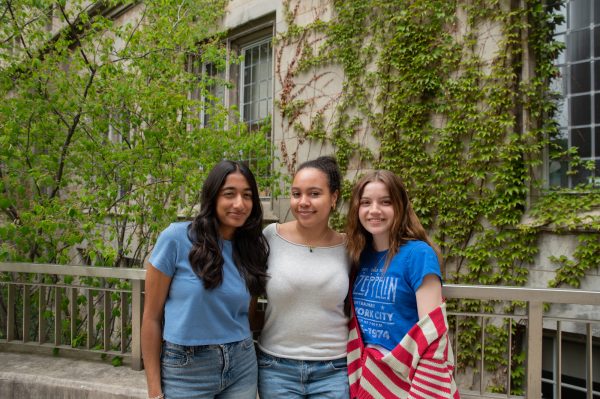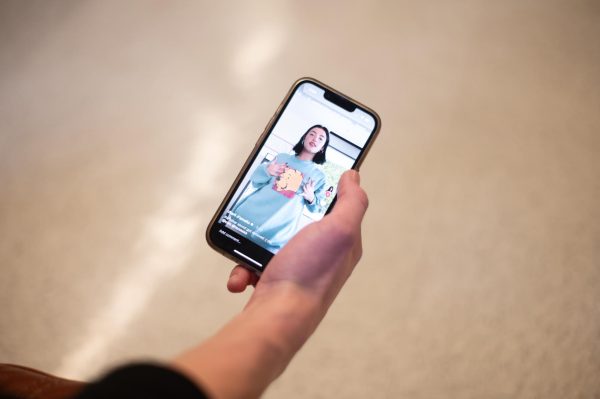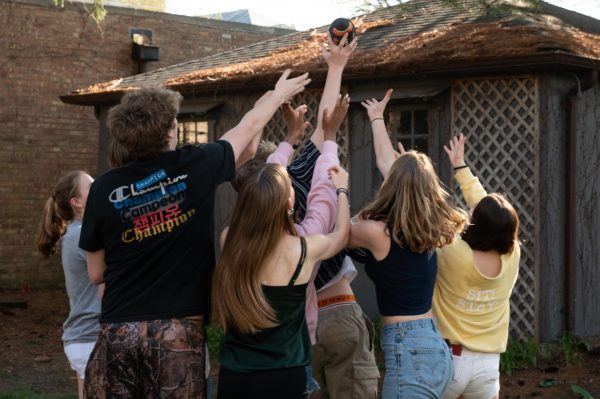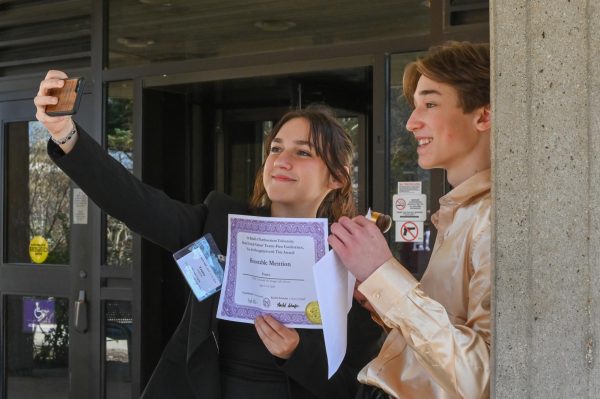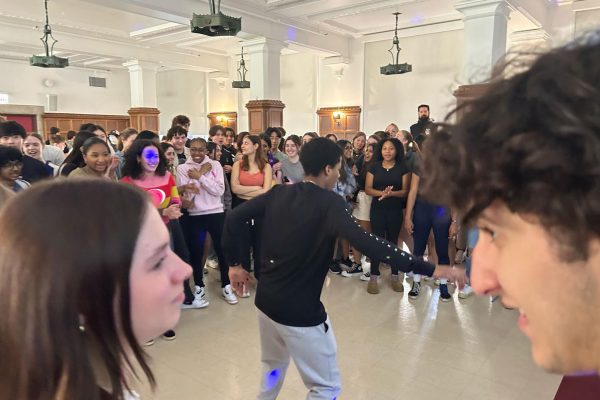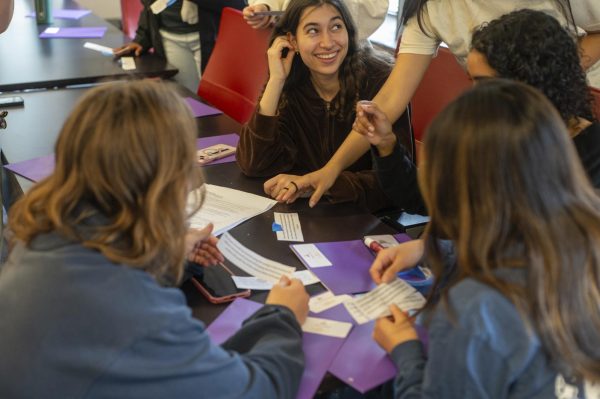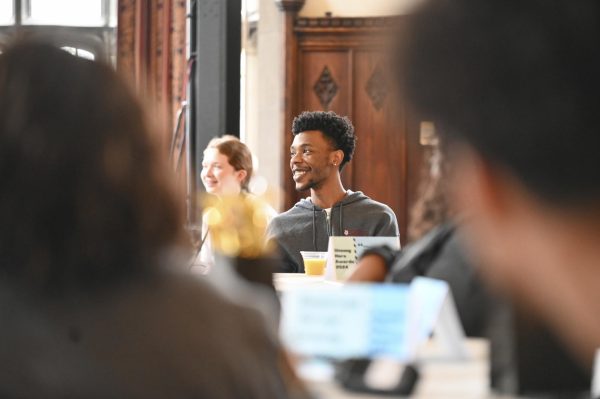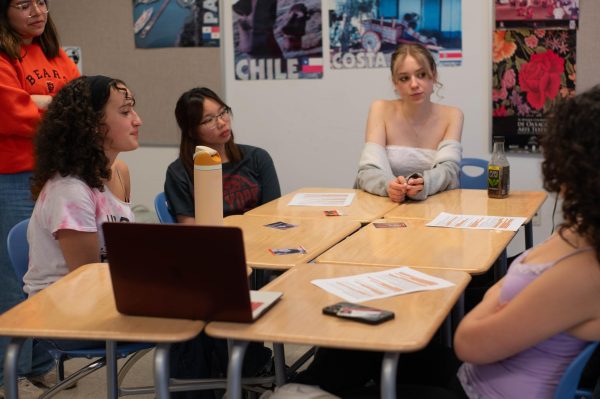Black Joy: Celebrating hope, spirit
MLK workshops prioritize student participation
January 19, 2022
The Black Students’ Association annual Martin Luther King Jr. assembly on Jan. 13 used the theme of Black Joy to highlight the resilience and enduring spirit and hope of Black people and culture in the face of discrimination, racial violence, injustice and inequity.
In the opening speech screened to all workshops, BSA president Tech Nix introduced the theme.
“We chose this theme because we felt that black suffering and violence had been circulated and talked about all the time, especially for the past two years,” Tech said. “Typically the MLK assembly is centered around the civil rights movement, but we felt this year needed something different. Our goal this year has been to try and celebrate black joy and culture as opposed to our suffering and oppression.”
Our goal this year has been to try and celebrate black joy and culture as opposed to our suffering and oppression.
— Tech Nix
This year, coronavirus protocols tampered with BSA’s ability to hold the traditional MLK assembly in Gordon Parks Assembly Hall. As a result, BSA restructured the assembly into small workshops led by members of U-High identity and affinity clubs.
These workshops encouraged participation and discussion between students, something that was challenging with the traditional assembly format.
“We also wanted to create smaller spaces for students to engage more with the discussions we and other affinity groups were trying to bring,” Tech said in an interview. “We know a lot of students check out during assemblies so we really wanted to find ways to engage with students more meaningfully.”
Each of these workshops focused on different elements of Black joy. The workshops had varying success, noted by workshop leaders and attendees.
For their workshop, members of the Asian Students’ Association hosted a Jubilee Spectrum, an activity where students engaged in discussion about Asian representation in media, sports and politics.
Despite trying to encourage participation, workshop leader Mahi Shah still felt student attendees were reluctant to speak up.
“I know some of you guys don’t necessarily want to be here, but the more participation we have the better it will be,” she acknowledged during the workshop.
Mahi recognized the smaller workshop structure could have made people uncomfortable with participating.
“It was just really hard to get people to engage,” Mahi said. “I think people were scared to participate. People are already reluctant to participate in classes of 10 people, so I could understand why it was intimidating to speak up in front of 100 people.”
Senior Kai McManus attended the workshop hosted by Latinos Unidos, where students explored how spoken-word poetry and the media have been used to acknowledge the Afro-Latino identity.
“Our workshop was extended last minute, and our presenters really didn’t know about that, so we just kinda stood around for awhile,” Kai said. “But the workshop itself was nice — we analyzed a poem.”
Junior Steven Sun attended the Black Students’ Association workshop, which showcased major Black influences in music.
“I liked the interactiveness of the workshop because they went in depth with a lot of the music stuff,” Steven said. “And then they had us choose and create playlists with people.”
Students from Young Women of Color, Spectrum, Mixed Ethnicity Student Union and Students with Disabilities Association also presented workshops.
Tech said the workshop format is something BSA may consider continuing in future years, dependent on the impact of COVID-19.
“Overall, the workshops ran really well,” Tech said. “I’ve heard good feedback from most of them, both from presenters and people attending. There were some hiccups, but generally it went well. If BSA were to continue this format, I think it would go better, because now we have a feel for it.”



